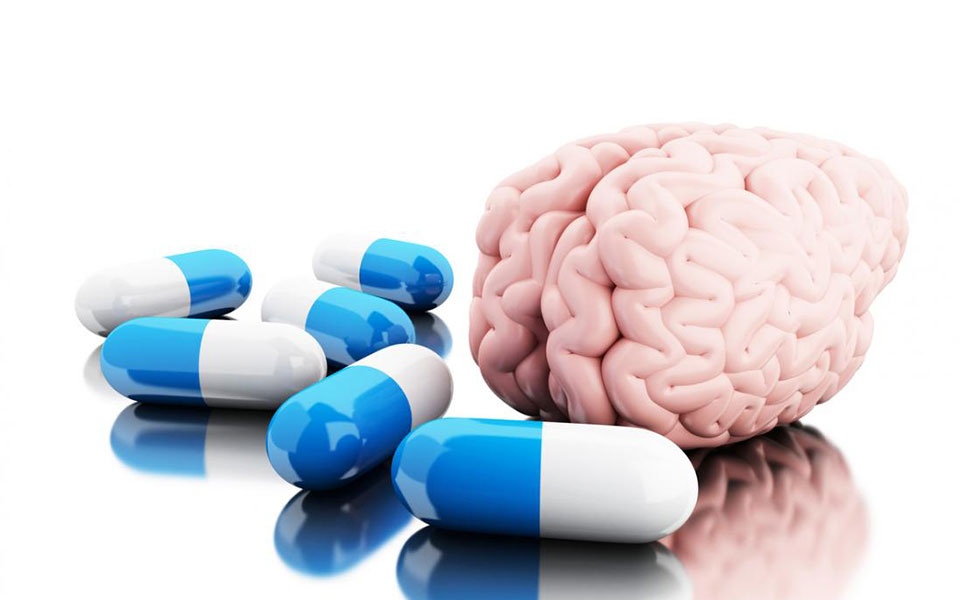July 3: US researchers have developed an experimental drug that potentially slows down the progression of Parkinson's disease as well as its symptoms.
In experiments performed with cultures of human brain cells and live mouse models, researchers from the Johns Hopkins University in Maryland reported that the drug blocked the degradation of brain cells that is the hallmark of Parkinson's disease.
"It is amazingly protective of target nerve cells," said Ted Dawson, Professor at the University's School of Medicine.
The drug, named NLY01, is similar to compounds used to treat diabetes and is expected to move to clinical trials this year.
If successful in humans, it could be one of the first treatments to directly target the progression of Parkinson's, not just the muscle rigidity, spasmodic movements, fatigue, dizziness, dementia and other symptoms of the disorder, Dawson said in the paper published in the journal Nature Medicine
In a preliminary experiment in laboratory-grown human brain cells, Dawson's team treated human microglia -- a brain cell type that sends signals throughout the central nervous system in response to infection or injury -- with NLY01 and found that they were able to turn the activating signals off.
Further, the researchers injected the mice with alpha-synuclein -- the protein known to be the primary driver of Parkinson's disease -- and the mice treated with NLY01 maintained normal physical function and had no loss of dopamine neurons, indicating that the drug protected against the development of Parkinson's disease.
In another experiment, the team used mice that were genetically engineered to naturally produce more human-type alpha-synuclein typically used to model human Parkinson's disease that runs in families.
While under normal conditions, these so-called transgenic mice will succumb to the disease in 387 days, those treated with NLY01 extended the lives by over 120 days.
However, the experimental drug must still be tested for safety as well as effectiveness in people, Dawson cautioned.
Let the Truth be known. If you read VB and like VB, please be a VB Supporter and Help us deliver the Truth to one and all.
Kalaburagi: Four men have been arrested in Kalaburagi on charge of hacking a man with lethal weapons and pelting stones at him under the limits of Station Bazaar Police Station recently.
According to police sources, Anand Jalak Shinde (34), Ashitosh Jalak Shinde (30), Imran Mehboob Sheikh (28) and Sohaib Anwar Qureshi have been arrested. The men are accused of the brutal murder of Syed Mehboob, a resident of Station Bazaar Upper Line Hamalawadi in the city.
An FIR was filed by the Station Bazaar Police Station based on a complaint given by Syed Ismail, father of the deceased Syed Mehboob.
Following quick probe, the police team successfully arrested the suspects within 24 hours. The arrested men were produced in court and have been sent to judicial custody.
The City Police Commissionerate has appreciated in an official release the police team’s quick solving of the murder case and arrest of the four men accused of murdering Syed Mehboob.





